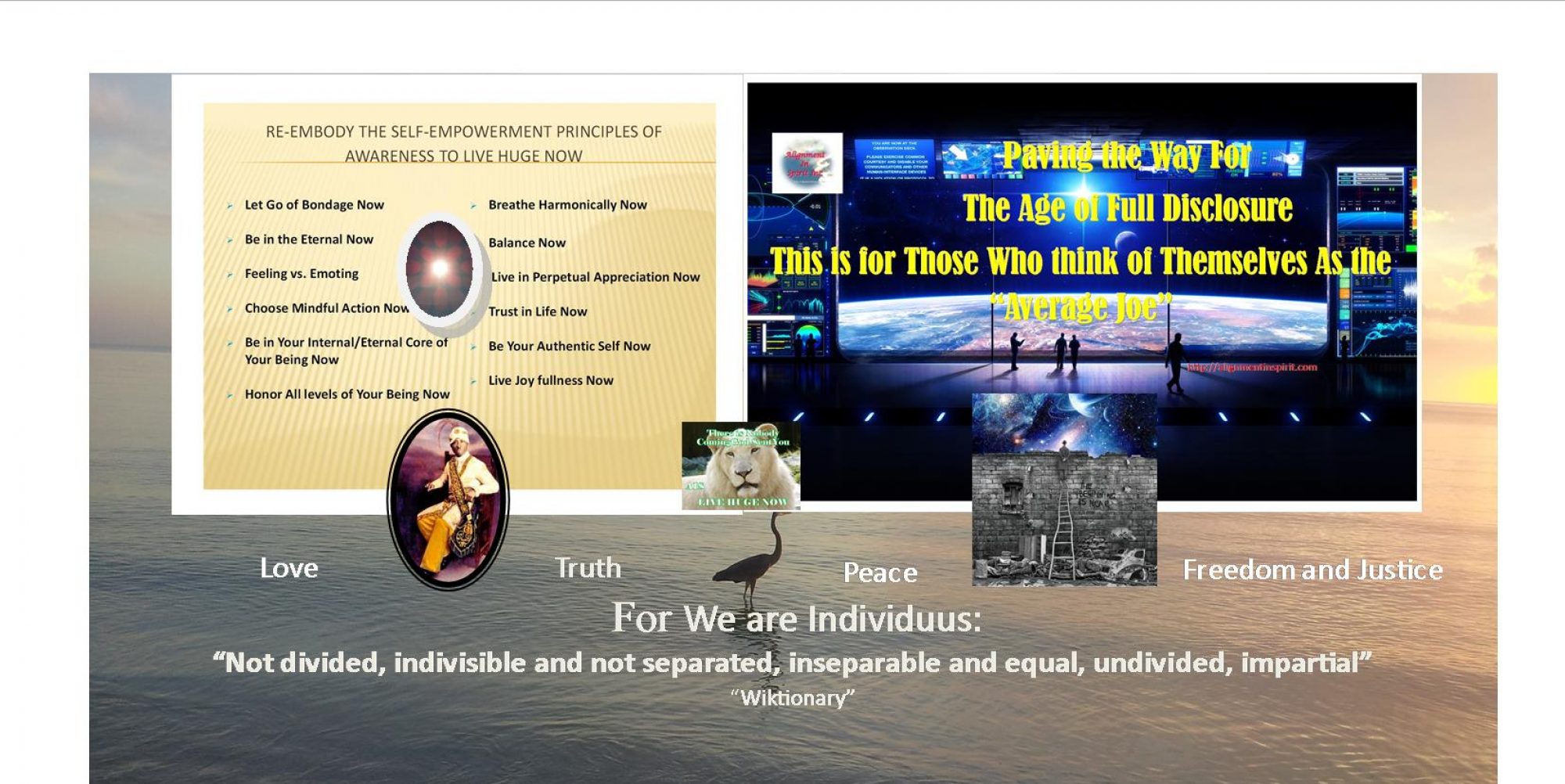-
Ennis Pearce posted an update 3 years, 9 months ago
Ever tried to find something on the web and just couldn’t learn what you wanted? There are far more than 100 million internet sites, and billions of websites, with millions of pages added every week. No one has enough time or energy to locate everything. Based on the Nielsen rating company, the average joe visits about 70 web sites every month. In case you were way excellent and visited 25 sites 1 hour for 40 hours a week, you’d probably still only see a thousand sites a week. One particular google search request might present you with 10,000 choices. There isn’t time to take a look at even 5% of which.
For many individuals, this is the nuisance, but it’s not really a real problem. If you are a serious user who goes online constantly to get information for varsity or for work, or if you need to find very good information quickly, then the sized the internet can be a serious issue.
It might seem that a good search engine or directory is that it takes for the greatest information online, that’s incorrect. Search engines like google are incredibly efficient at finding web sites or pages which may have specific data like words or phrases, but good data doesn’t equal reliable information. The very best sites with a subject are the types that supply that information or even a amount of service that is certainly better than most or all of the options, so great that you can return to that site over and over because it’s this kind of reliable resource.
It’s possible to get lucky and stumble across one of these key sites, but if you wish to systematically find such sites and discover them quickly, then you’ve got to complete the next five things:
1) Know what you are looking for: It may look obvious, but it is easy to get sidetracked online if you do not understand your goals. One suggestion is always to write down key points that you simply may have learned, in addition to what you will be trying to find out. If you do not know where you stand going, any search can get you there.
2) Carry out some offline research first: Don’t start simply online resources. Use other activities like an encyclopedia or the aid of a librarian that may help you find out something regarding your objective. Also, before you use the search engines spend some time to recognize how that search engine works.
3) Measure the sites that you see: Do a quick writeup on the web page to find out if it can be trustworthy or informative, and when not move on to the following site. If you do not, you might waste your time and effort working together with web sites that do not match the basic criteria of a key website.
4) Identify a network of fine sites: The idea of birds of an feather flocking together holds true online plus nature. If you realise a great site, read the links with that site to find out where they may lead.
5) If you discover a great site, apply it: Once you’ve done the project to find a key site, you need to take steps it helpful to you for a long period, since a web site that work well in your case today is going to be good resource in the future. Bookmarking it within your browser or sending yourself a contact that mentions the site are two easy actions you can take.
To learn more about
lam sao de have a look at this popular internet page.



